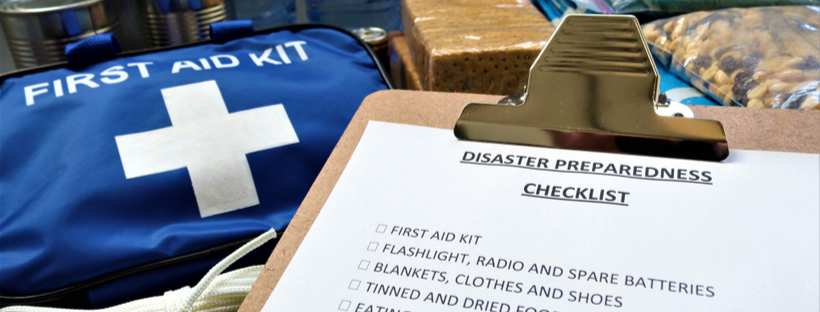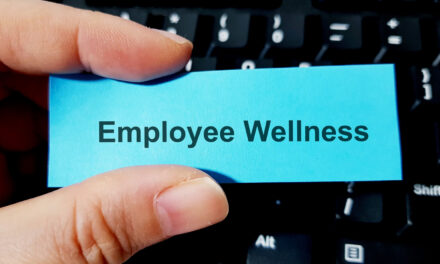
Hurricane Season: Protecting Family and Home
The National Oceanic and Atmospheric Administration’s Climate Prediction Center is forecasting a 60% chance of an above-normal 2021 hurricane season, with a likely range of 13 to 20 named storms, of which three to five may be major hurricanes (category 3, 4 or 5). For individuals in the path of hurricanes, these events can change lives. However, with proper planning, the worst of a hurricane’s impact may be mitigated.
To view the full article please register below:
Hurricane Season: Protecting Family and Home
The National Oceanic and Atmospheric Administration’s Climate Prediction Center is forecasting a 60% chance of an above-normal 2021 hurricane season, with a likely range of 13 to 20 named storms, of which three to five may be major hurricanes (category 3, 4 or 5).1
For individuals in the path of hurricanes, these events can change lives. However, with proper planning, the worst of a hurricane’s impact may be mitigated.
Plan Ahead
If you can’t answer the question of what you will do if a hurricane strikes, then you need to develop a plan. The elements of a plan should include:
- Determine a common meeting-up place for family members.
- Establish a single point-of-contact for all family members (consider an out-of-state contact) that individuals can report on their status and find out about other family members.
- Use plywood to cover windows and doors.
- Identify a shelter room, in the center of the house, preferably with no windows and on the first floor.
- Know the evacuation routes and where emergency shelters are located.
- Secure all loose items outside of the house. Even small toys can become dangerous projectiles with 90 mph winds. Move the car into the garage.
- Identify needed emergency supplies. Do not forget about your pets or the medical needs of family members. Emergency supplies might include:
- Food and water—Because utilities may not be working, the water supply should be bottled and food should need little, if any, preparation.
- Medicine—Be sure that family members on medication have a sufficient supply to outlast business closures.
- Power supply—Test all generators and flashlights to ensure they are in working order. Buy extra batteries as replacements.
- Store important documents—Documents such as wills, birth certificates, passports, etc. should be stored in a waterproof container and securely held in place.
- Prepare your car—Fill up the gas tank days in advance and check to see if the car’s emergency kit (e.g., flares, reflective triangle, jumper cables, cell charger, blanket, map, etc.) is complete.
Individuals are also cautioned to stay inside and away from windows during the storm. After the hurricane has passed, avoid driving in flooded areas and locations with down electrical wires. If you find yourself in the vicinity of down wires, stay in the car and call for assistance.
Learn more about hurricane preparedness from the experts, and take the next step in making sure your business is properly protected from hurricanes.
Please reference disclosures: https://blog-dev.americanportfolios.com/disclosures/












